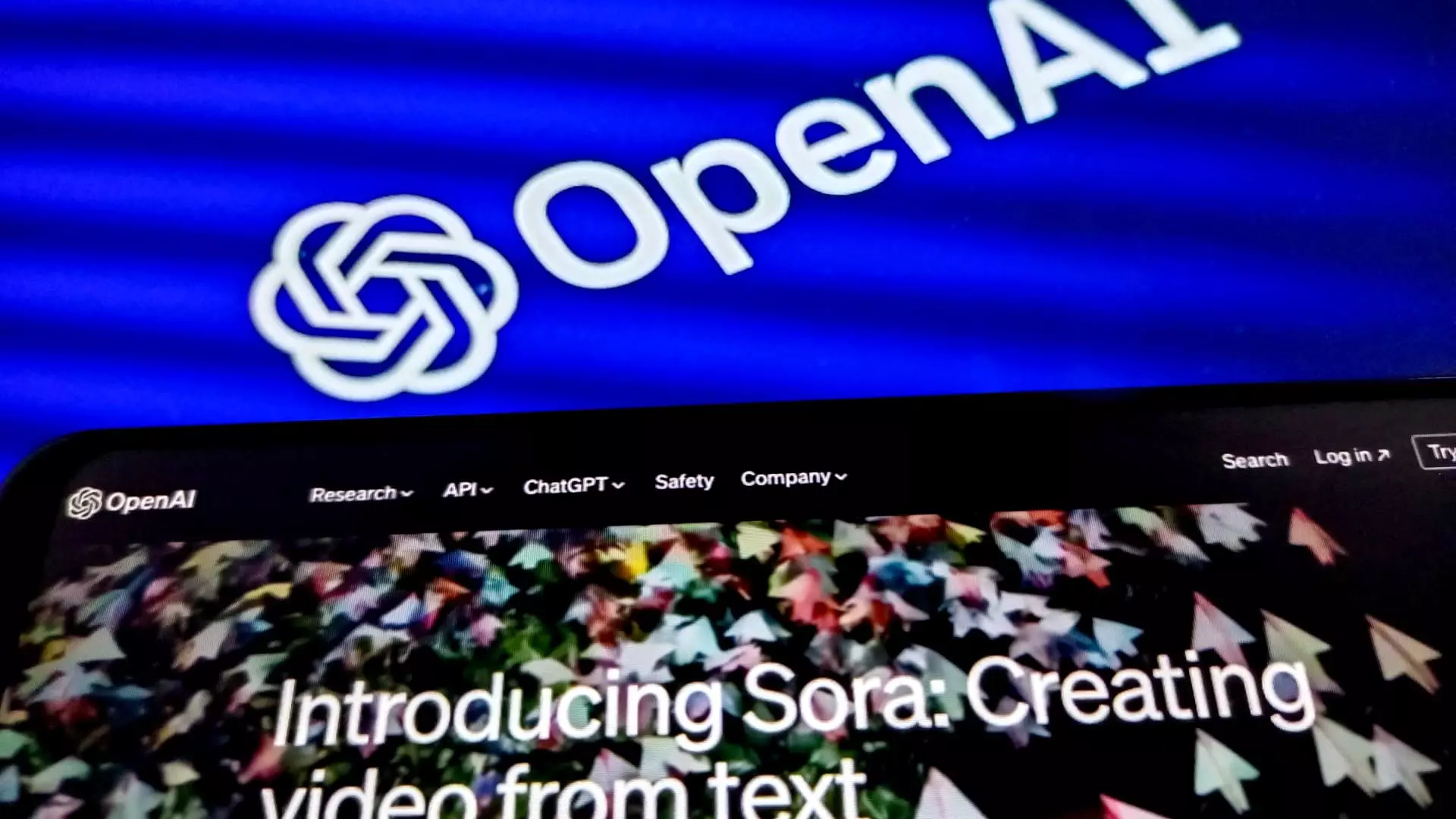In the fast-evolving landscape of artificial intelligence (AI), companies face numerous challenges, including market competition, talent acquisition, and investor confidence. Recently, OpenAI, a leading AI startup known for its high valuation and innovative technologies, experienced unexpected executive departures that raised questions about its organizational stability. In response, CFO Sarah Friar addressed investors, aiming to bolster confidence in the company’s future. This article explores the implications of these changes and the strategic path OpenAI is charting moving forward.
The announcement of Chief Technology Officer Mira Murati’s departure sent shockwaves through the organization and its investor community. Murati, who played a significant role in OpenAI’s technological advancements for over six years, was a key figure within the company. Her exit, coupled with the departure of top research executives Bob McGrew and Barret Zoph, punctuates a troubling week for OpenAI. When a company loses key personnel, it raises concerns not only about its immediate operational capacity but also about the long-term strategic vision, a notion that is often critical for attracting investments.
In her communication with investors, Friar attempted to contextualize the leadership changes while reaffirming the company’s focus. She emphasized the strength of OpenAI’s remaining leadership, highlighting a “talented leadership bench” prepared to navigate this transition. However, the underlying concern remains: can the existing leadership maintain the momentum that the company has achieved amid these shifts?
Despite the upheaval at the executive level, OpenAI is reportedly on the verge of closing a substantial $6.5 billion funding round, which would provide a valuation of approximately $150 billion. This funding is critical as the company seeks to fuel its operations and ambitiously expand its market presence. Friar underscored that the funding round was oversubscribed, which suggests that investor confidence, at least financially, remains robust.
Thrive Capital’s commitment to invest $1 billion underscores a willingness among investors to bet on OpenAI’s future, even in the face of recent challenges. Friar’s outreach to investors, promising to hold discussions with key leaders, is a strategic move designed to articulate the company’s vision and reassure stakeholders about its potential for sustained growth. In turbulent times, transparency and open communication are essential for maintaining investor trust and confidence.
As OpenAI grapples with the departures of influential figures, careful management of internal leadership dynamics is crucial. The company’s response to these changes can set the tone for its operational cohesion and innovation trajectory. Murati’s interim leadership as CEO during a tumultuous board shift highlighted her significant role in guiding the company’s strategic direction. Her exit leaves an opportunity for Mark Chen, who has stepped in as Senior Vice President of Research. The leadership team—comprising individuals like Kevin Weil and Srinivas Narayanan—will need to leverage their experiences to keep OpenAI at the forefront of AI development.
Moreover, a renewed emphasis on building sustainable revenue models is necessary, especially as OpenAI looks to carve out its niche in a competitive market. Friar’s commitment to generating value for investors and employees reflects an understanding of the interconnected nature of financial viability and innovation.
An intriguing aspect of recent discussions has been the spotlight on Sam Altman’s equity stake. Allegations regarding Altman potentially receiving a “giant equity stake” prompted significant chatter among investors and employees alike. At an all-hands meeting, Altman directly addressed these rumors, aiming to quell concerns while reaffirming his dedication to the company. Such transparency from leadership regarding equity stakes and compensation can influence investor sentiment, as stakeholders often seek clarity in the face of uncertainty.
While the exits of prominent leaders may momentarily unsettle OpenAI, the proactive measures being adopted to strengthen investor relations and manage leadership transitions signal resilience. By focusing on strategic funding rounds and fostering a collaborative leadership culture, OpenAI can navigate this tumultuous period, reinforcing its position as a titan in the AI domain. The coming months will be critical as the company charts its next chapter amid both challenges and opportunities.


Leave a Reply